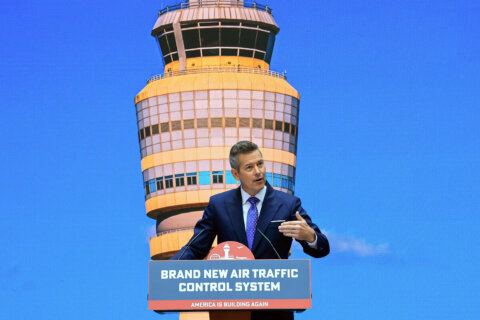WASHINGTON — It may not seem like losing an hour of sleep is a big deal, but AAA Mid Atlantic spokesman John Townsend said it can be problematic on the roads.
Townsend said research shows an increase in fatal automobile crashes in the days following the transition to daylight saving time, which takes effect at 2 a.m. Sunday.
“A person driving with only four to five hours of sleep has the same risk association as person driving illegally drunk,” he said. “That is what’s so frightful and frightening about the lack of sleep.”
Studies show the increased risk persists for the first six days of daylight saving time.
According to the 2016 Traffic Safety Culture Index by the AAA Foundation for Traffic Safety, nearly all motorists (95.9 percent) viewed drowsy driving “as a serious threat to their safety and a completely unacceptable behavior.”
But the report found that about three out of 10 motorists admitted to having a hard time keeping their eyes open while they were driving in the past month because they were so tired.
Townsend said Washingtonians are already at a disadvantage because they tend to get less sleep than people in other cities. He said it’s not worth an accident.
“If you feel drowsy then pull into a parking lot in a mall or at a hotel parking lot, and just get 15 minutes of more sleep,” he said.








